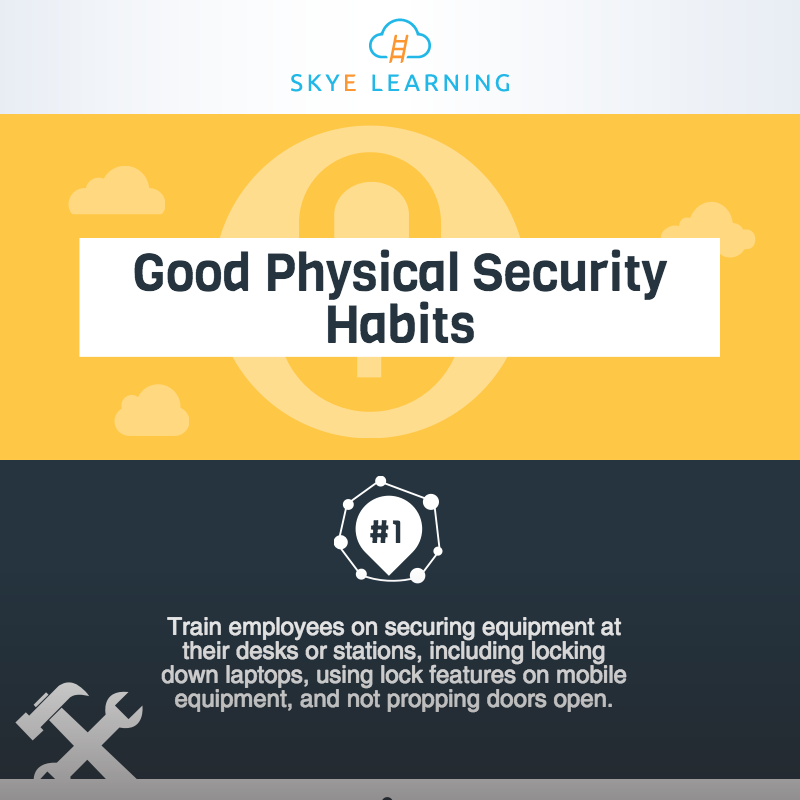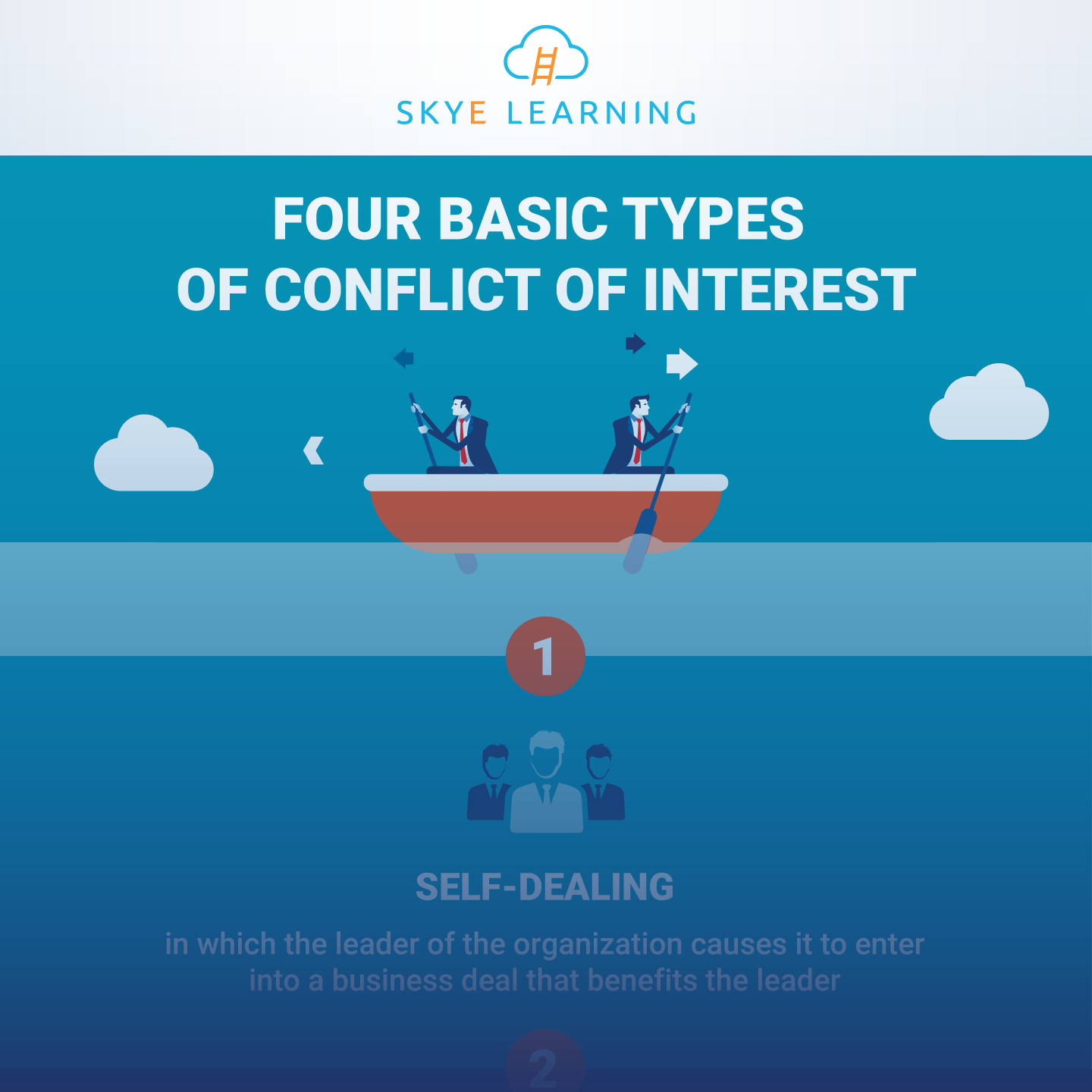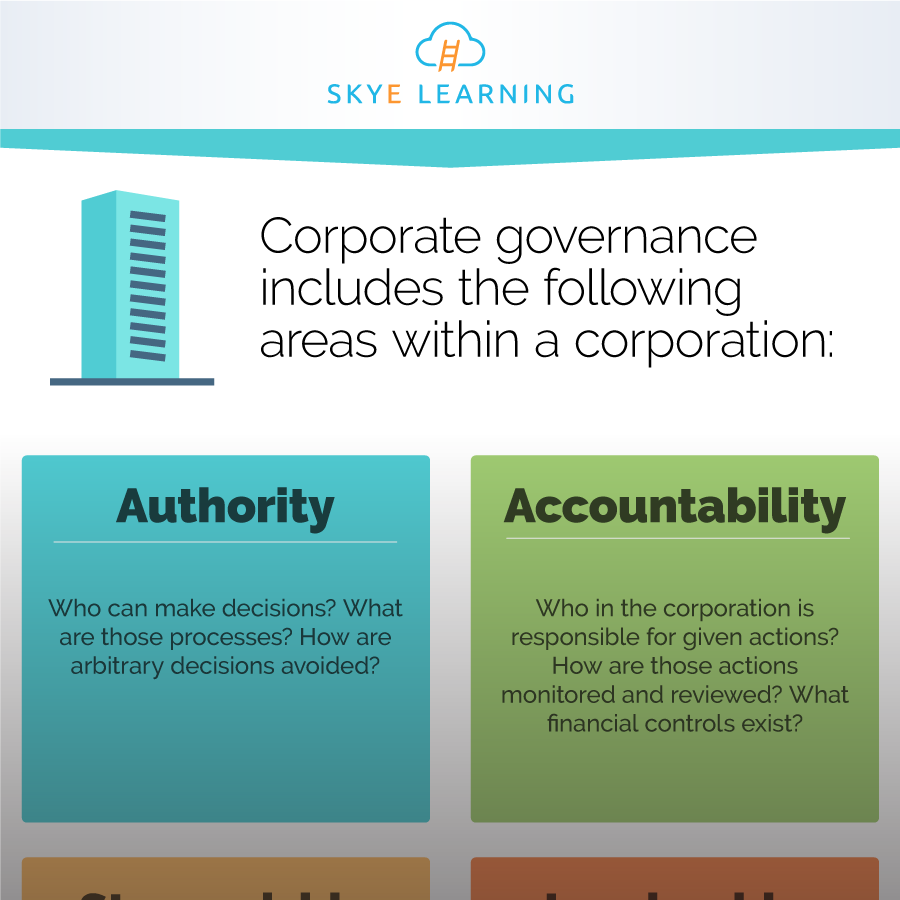Daniel Aldrich is a professor of political science and public policy at Northeastern University, where he’s also Co-Director of the Center for Resilience Studies. Aldrich specializes in disaster recovery, Japanese politics, nuclear power, and NIMBY politics. He has a Ph.D. in government from Harvard University. Skye Learning was thrilled to feature Aldrich’s expert commentary in its online course HR in Times of Crisis.
Formerly, Aldrich has taught at Purdue University, the University of Tokyo, and Tulane University. He has published five books, including Building Resilience and Black Wave, has authored more than 55 peer-reviewed articles, and has written op-eds for media outlets like The New York Times, CNN, and HuffPost.















